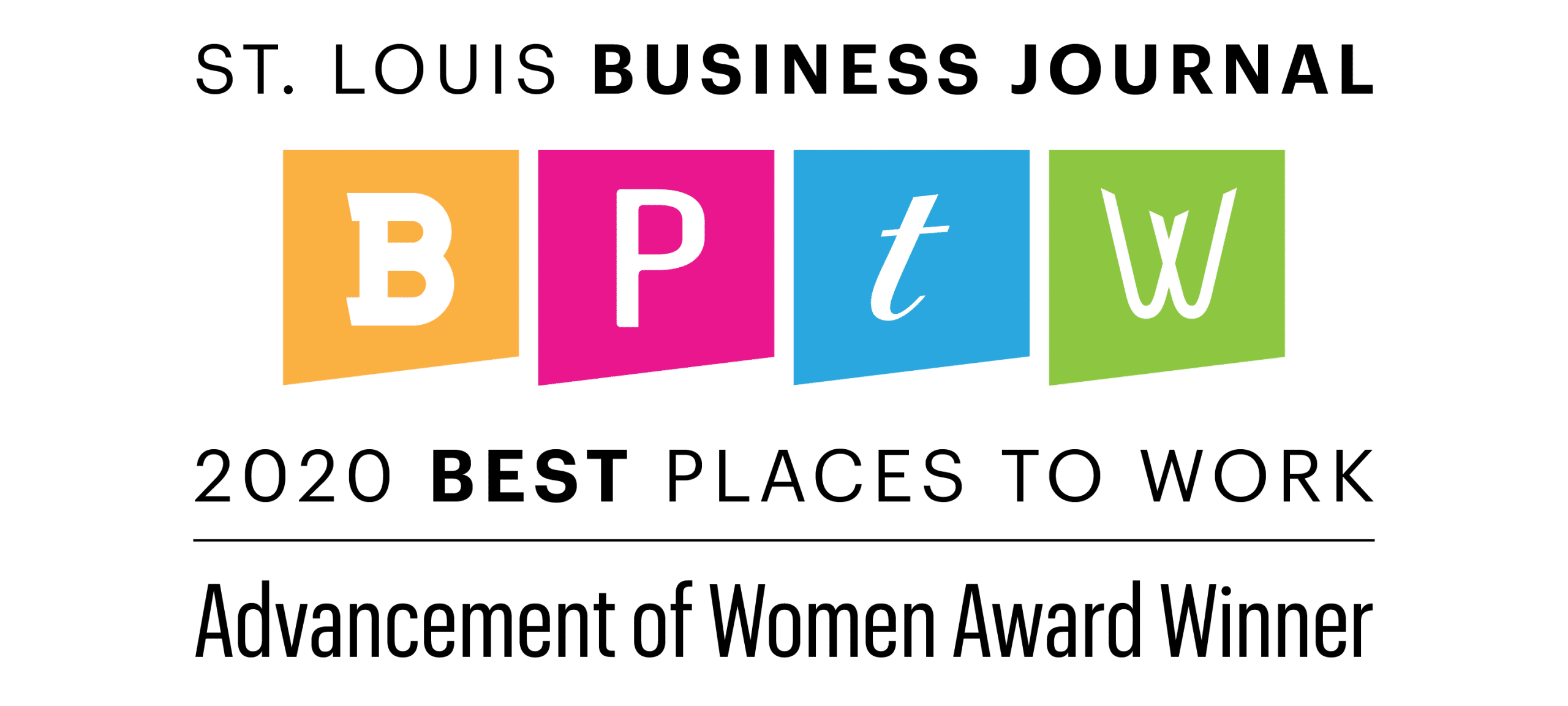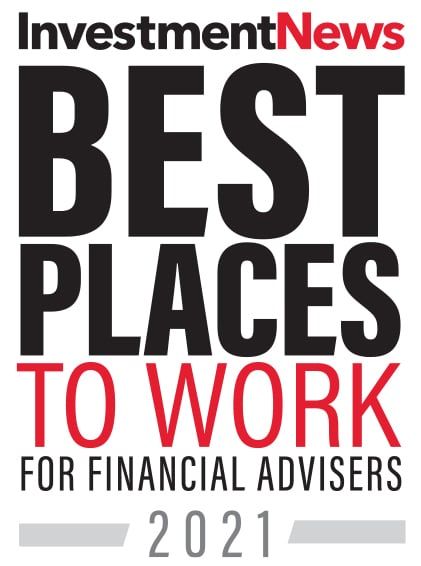When it comes to working with a financial advisor, many people are unsure of what to expect. They don’t know how often they should be communicating with their advisor, or what kind of feedback is appropriate on a regular basis. I believe that there are four basic communications that should happen on a routine basis between an advisor and his or her clients. As you read through the list, ask yourself: “Am I experiencing this with my current advisor?” If not, it may be time to ask for better service, or re-evaluate your relationship.
1. Regular Face-to-Face Meetings
Why: Authentic, real conversations happen when you’re sitting across the table from one another, allowing the advisor to learn more about the client’s goals, fears and dreams.
I recommend meeting with clients, in person, at least once per year. During our time together, we’ll examine quantitative data like portfolio performance, changes in life circumstances, and other facts, but we’ll also dig into the emotions, uncovering what’s really important to the client. I find that in building that relationship, clients drop their inhibitions, and divulge what they’re thinking and what they want. This may present itself as a client continuing to revisit a specific question, or looking me in the eye and sharing their feelings. This provides an opportunity to build a long term relationship based on trust, because once the client truly feels comfortable opening up to me, he or she knows that I’ll work my hardest to provide solutions and help them stay on track, thus giving the client a greater chance of being successful with their financial plan.
2. Market and Legislative Updates
Why: The client gets information about current market conditions and changing laws that can specifically affect their portfolio. This puts their mind at ease and helps them make educated decisions.
Sure, there are many sources online that can provide market commentary. There are plenty of talking heads on the financial networks who can either scare the daylights out of you, or brush over a topic that may be important for your portfolio. But none of them can provide you with specific information and answer questions relevant to you. Here at Krilogy, we have a team of portfolio strategists who analyze market conditions and dynamically rebalance portfolios to respond to market conditions. In addition to responding to market conditions, we also keep clients informed about changes in legislation, such as 401(k) laws, estate tax laws, IRA rollover rules, and other things that can impact how you’re planning and implementing your financial plan. We provide these types of updates to clients in the form of our quarterly newsletter, as well as through ongoing conversations throughout the year.
3. Regular Client Check-Ins
Why: Life happens in between our annual meetings, quarterly newsletters, and other times of updates. Your advisor should know what you’re going through.
You and your advisor should be in a relationship, checking in with each other on a regular basis and keeping each other up-to-date on any changes, concerns, or events going on in your life. As your advisor, I’ll be the one to make sure that happens. After all, I want to know what’s going on – how your kids are doing, how your latest vacation went, and if things are still on track in terms of your income and savings goals. Maybe you have a concern or question that you just haven’t verbalized yet. Maybe you meant to call me when your job changed, but completely forgot. I’ll be there. I’m your partner in all this, and it’s what you deserve. But I’m not calling to sell you anything (isn’t that when most people hear from their broker or advisor?) That’s because I don’t sell you anything. I manage your money and I’m here to help. (If you find yourself avoiding your financial planner for this reason, it may be time to re-evaluate your relationship!)
4. Social Outings and Opportunities for Interaction
Why: Your advisor should appreciate you, and provide additional opportunities for you to socialize with the firm, network with other clients, and have non-work related experience with you.
As your advisor, your primary relationship is with me, but there is a large team of professionals that work on your behalf. Client appreciation events and other social events provide an excellent opportunity to meet the rest of that team, if you haven’t already, and get to know the people, thought processes, and philosophies behind the work. In addition, you meet other clients so it’s a great networking opportunity for you. At Krilogy, we believe in connecting our clients. Many of our clients build business and personal relationships, support, and encourage each other in their endeavors.
Ongoing, clear, consistent communication is key for any relationship to be successful – and the relationship with your advisor is no different. It will help you build trust, and increase your chances of reaching your financial goals.













